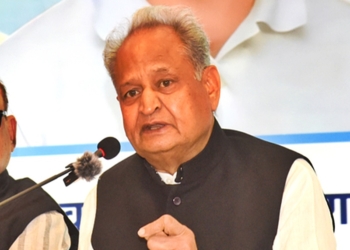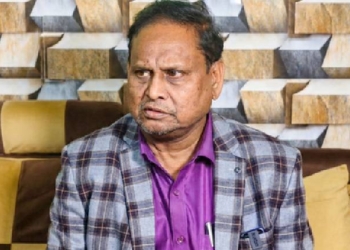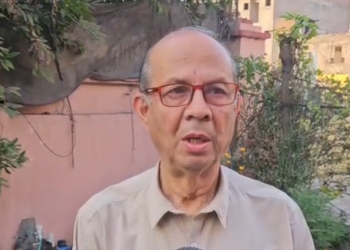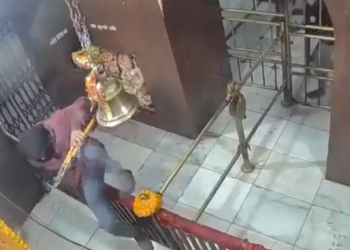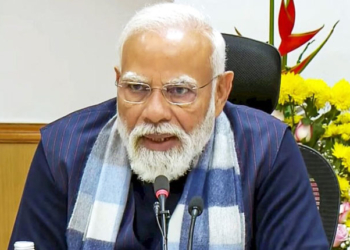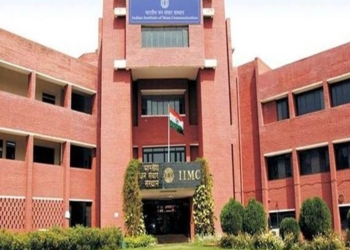New Delhi: The Supreme Court has granted bail to a person accused of posting offending and abusive social media posts against Prime Minister Narendra Modi and his late mother.
A bench of Justices A.S. Boppana and M.M. Sundresh noted that the petitioner, Afsalbhai Kasambhai Lakhani, who allegedly created the “Gujarat Trast Bhajpa Mast” Facebook page, had later expressed regret for his actions.
“However he should restrain himself from putting any such posts on social media in future either directly or in an anonymous manner,” said the bench, while ordering his release on bail on Wednesday.
It clarified that if there is any violation of conditions, the state of Gujarat may approach the Supreme Court seeking cancellation of the bail.
Earlier in June this year, a bench of Justice Nirzar S Desai of the High Court had dismissed the bail filed by the accused saying that if such person is granted bail, there are all the chances that he may commit such offence once again by using another name and by creating fake IDs.
It had noted that the alleged posts not only contain derogatory and insulting remarks against the Prime Minister but also against his late mother.
“One can understand that a person may have like or dislike against any person but it does not mean that he may start using derogatory and abusive language for the Hon’ble Prime Minister of the country and his late mother,” it had said.
The Additional Public Prosecutor stated that the accused had created 18 different Facebook pages through his two different mobile phones and also made international calls to Pakistan and other countries and also received phone calls from other neighboring countries.
The complainant Devubhai Khaminandbhai said that the Facebook posts were such that they could affect communal harmony, create enmity between two communities, and create an unrest in the society. In December last year, an FIR was registered with Sikka Police Station in Jamnagar district of Gujarat for offences under Sections 120 (B), 153 (A), 283 (2) (A), 294 (B), 295 (A), 298, 469, 500, 501 and 505 (2) of Indian Penal Code and under section 67 of the Information Technology Act.
(IANS)




